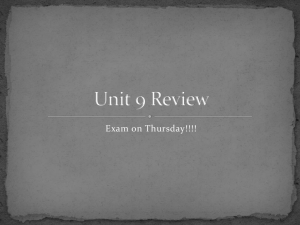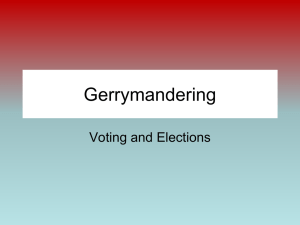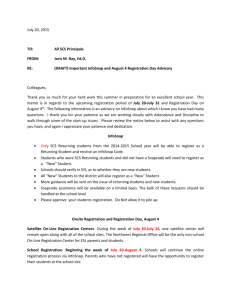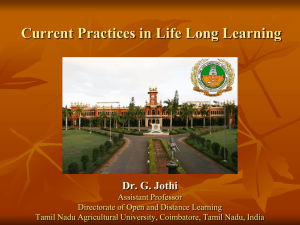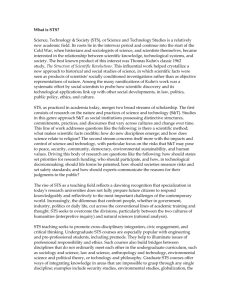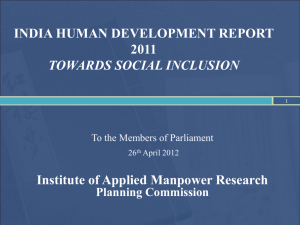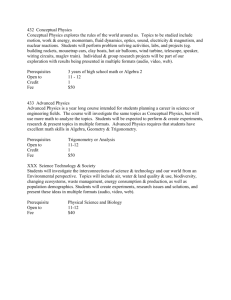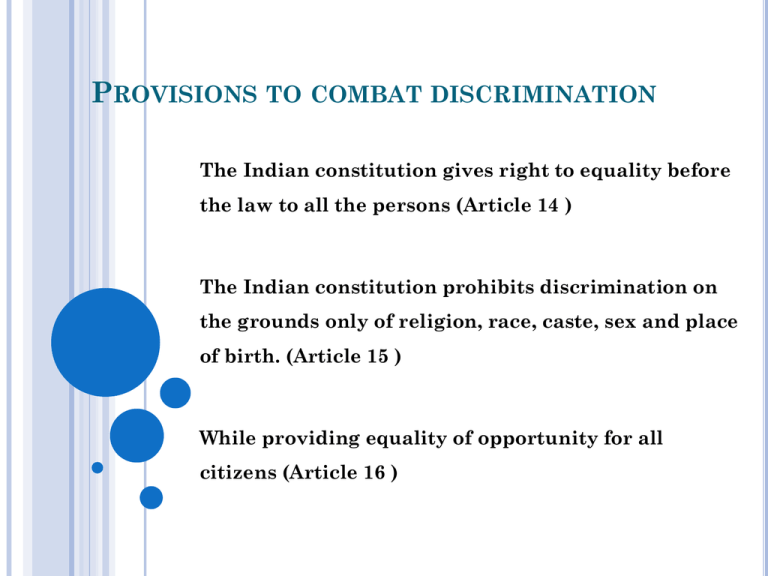
PROVISIONS TO COMBAT DISCRIMINATION
The Indian constitution gives right to equality before
the law to all the persons (Article 14 )
The Indian constitution prohibits discrimination on
the grounds only of religion, race, caste, sex and place
of birth. (Article 15 )
While providing equality of opportunity for all
citizens (Article 16 )
*CASTE BASED
In central government funded higher education
institutions, 22.5%of available seats are reserved
for scheduled caste (Dalit) and Scheduled Tribe
(Adivasi) students (15%) SC-13%, ST-7% NT-8%,
DT/VJ – 3%, OBC-19%.
FOR SCS AND STS
The constitution laid down 15% and 7.5% of vacancies to
government aided educational institutes and for jobs in the
government / public sector
In AIIMS 14% of seats are reserved for SCs 8% for STs In addition
SC/ST students with only 50% scores are eligible.
This ratio is followed even in parliament and all elections where
few constituencies are earmarked for those from certain
communities.
In a few states like Tamil Nadu the percentage of reservation is
18% for SCs and 1% for STs. In Andhra Pradesh 25% of educational
institutes and government jobs for BCs 15% for SCs 6% for STs
FOR WOMEN
The
73rd and 74th constitutional amendments
(1992) give 33% representation to women in
panchayats and nagar palikas
30%
headship to women in these bodies at the
village block and district levels in rural areas and
in towns and cities.
30%
of seats are reserved for females in many
institutions
RELIGION BASED
The
Tamil Nadu government has allotted 3.5% of
seats each to Muslims and Christians
Andhra
Kerala
Pradesh 4% reservations for Muslims.
public services commission has a quota of
12% for Muslims.
Religious
minority status educational institutes
also have 50% reservation for their particular
religious.


